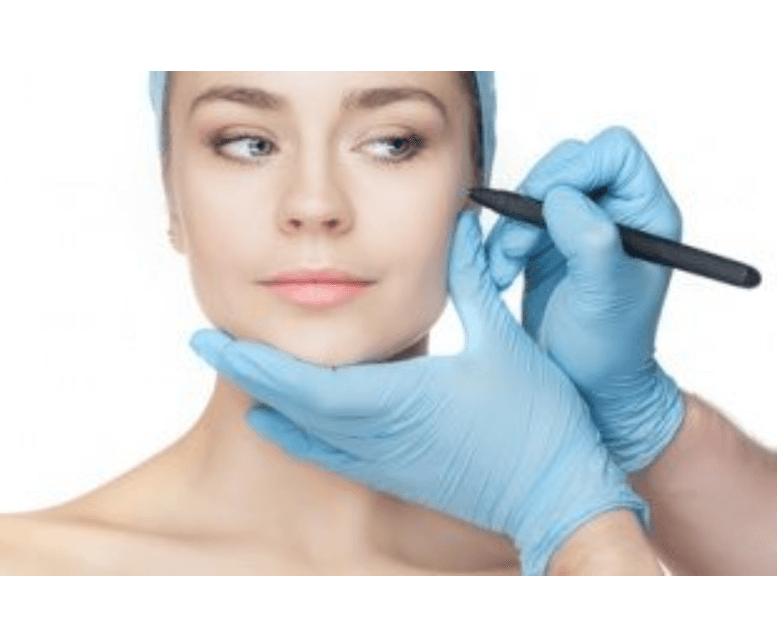The Medical Board of Australia has recently issued guidelines for medical practitioners who perform cosmetic medical and surgical procedures.
Cosmetic medical and surgical procedures are operations and other procedures that revise or change the appearance, colour, texture, structure or position of normal bodily features with the dominant purpose of achieving what the patient perceives to be a more desirable appearance or boosting the patient’s self-esteem.
Such procedures differ from reconstructive surgery, which, while incorporating aesthetic techniques, restores form and function as well as normality of appearance. These guidelines do not apply to reconstructive surgery.
The new guidelines will apply to all medical practitioners, including specialist plastic surgeons, cosmetic surgeons, and cosmetic physicians, regardless of their qualifications.
These guidelines do not apply to nurses and beauty therapists who provide cosmetic procedures.
Board Chair Dr Joanna Flynn AM has been quoted as saying, “The guidelines will help keep patients safe, without imposing an unreasonable regulatory burden on practitioners.”
Of particular interest are a number of provisions regarding informed consent.
The medical practitioner must include details of their qualifications and experience as part of the information imparted to a patient to allow them to make an informed decision about whether to have the procedure.
A seven day cooling-off period (from the date of informed consent and the date of the procedure being performed) will now be required for all adults before undergoing any major procedure. Major cosmetic medical and surgical procedures (‘cosmetic surgery’) involve cutting beneath the skin. Examples include; breast augmentation, breast reduction, rhinoplasty, surgical face-lifts and liposuction.
For patients under the age of 18 years, the guidelines prescribe a mandatory 3 month minimum cooling-off period for major procedures. In addition, patients must be referred for evaluation to a psychologist, psychiatrist or general practitioner, who works independently of the medical practitioner who will perform the procedure, to identify any “significant” underlying psychological problems which may make them an unsuitable candidate for the procedure.
For minor (non-surgical) cosmetic medical procedures (such as non-surgical cosmetic varicose vein treatment, laser skin treatments, use of CO2 lasers to cut the skin, mole removal for purposes of appearance, laser hair removal, dermabrasion, chemical peels, injections, microsclerotherapy and hair replacement therapy), a minimum seven day cooling off period for patients under the age of 18 years is prescribed. The guidelines do not specify a cooling off period for an adult seeking a minor procedure.
A referral for evaluation to a psychologist, psychiatrist or general practitioner is not mandatory for patients under the age of 18 years seeking minor procedures, unless there are indicators that the patient has “significant” underlying psychological problems which may make them an unsuitable candidate for the procedure.
Whilst there is no requirement to refer an adult patient for evaluation to a psychologist, psychiatrist or general practitioner, again, medical practitioners should refer patients for such evaluation if there are indications that the patient has “significant” underlying psychological problems which may make them an unsuitable candidate for the procedure.
Interestingly, the guidelines stipulate that a medical practitioner should decline to perform a cosmetic procedure if they believe that it is not in the best interests of the patient. This may give rise to a possible fiduciary duty.
With regards to financial arrangements, the new guidelines stipulate that the medical practitioner should not offer financing schemes to patients (other than credit card facilities), either directly or through a third party, such as loans or commercial payments plans, as part of the cosmetic medical or surgical services.
In addition, medical practitioners should not offer patients additional products or services which could act as an incentive to treatment (for example free or discounted flights or accommodation).
The new guidelines take effect on 1 October 2016.
For more information, including the Guidelines in full please refer to https://www.medicalboard.gov.au/News/2016-05-09-media-statement.aspx
If you have suffered an injury or illness as the result of a cosmetic surgery procedure, you may be entitled to compensation. To arrange a free, no obligation assessment of your claim, please call Stacks Goudkamp on 1800 251 800, or make an online enquiry.



